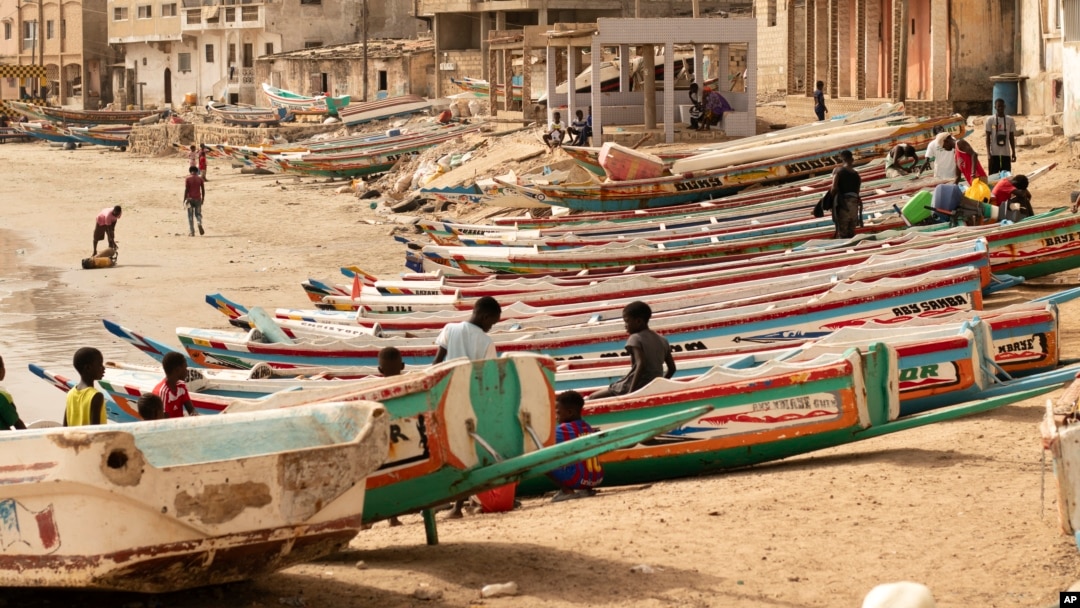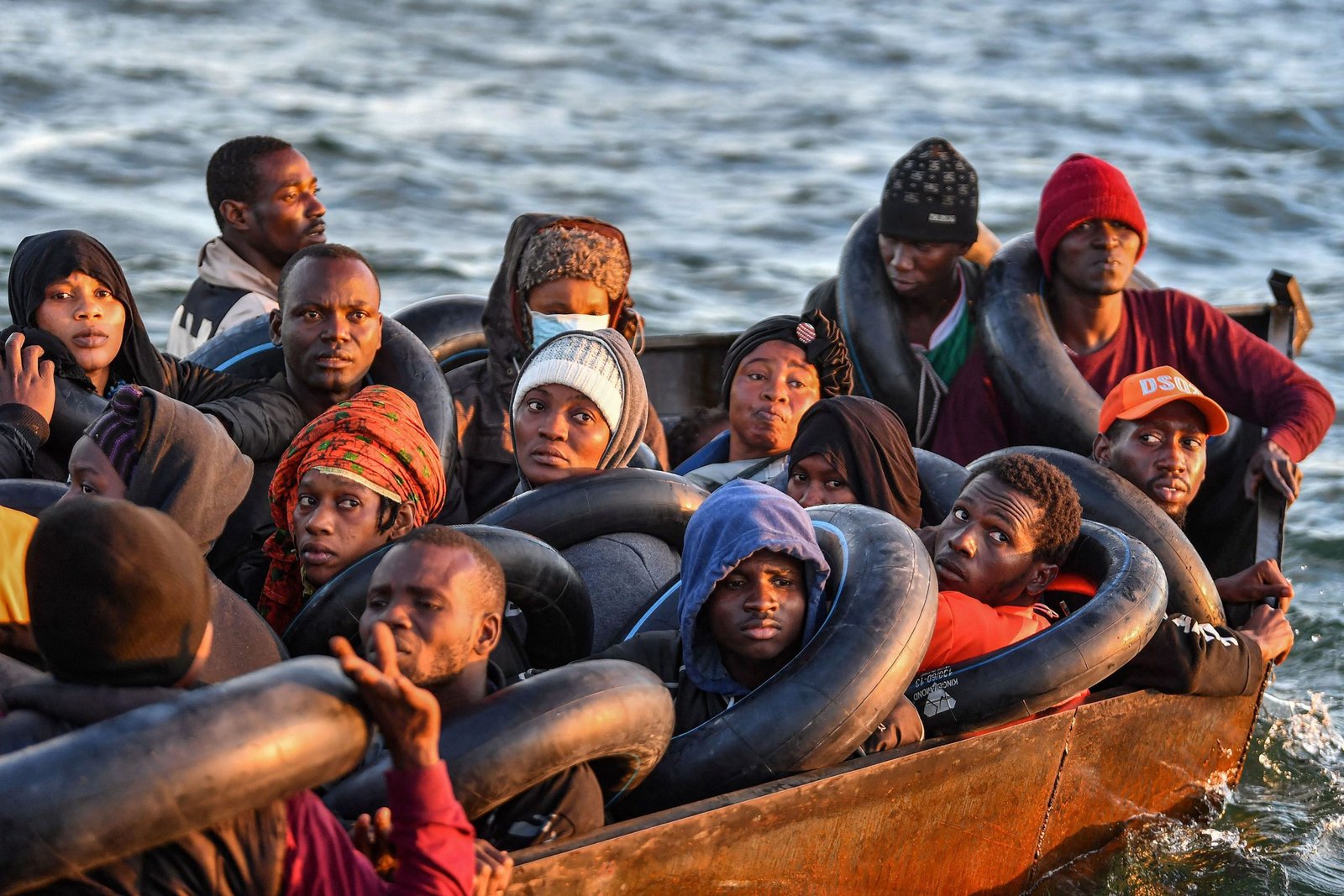In 2021, UNESCO recognized “thiebou dieune” as Senegal’s national dish and part of its cultural heritage list. This is a famous rice-and-fish platter, which also underlines the crucial role of fish in Senegal’s nutrition and food economy. Yet, its connection to illegal migration to Europe is astounding.
In 1979, the European Union and Senegal signed an agreement, providing fishing opportunities to large European vessels in Senegal’s water. This meant that high-tech complex seiners could fish off Senegal’s coast. However, European ships pushed out small Senegalese fishing boats, resulting in a significant impact on the market for fish in the country.
Contrasting developments
For instance, between 1994 and 2008, The Continent reports that fish on the Senegalese market dropped from 95 million kilograms to 45 million kilograms. Moreover, in the 1990s, people in Senegal and Spain ate the same amount of fish per year: 35 kg per person. Today, consumption in Senegal has shrunk to 12 kg, while that of Spain stands at 40 kg. These developments highlight the impact of the treaty on Senegal’s nutrition and food security.
According to the UN’s Food and Agriculture Organization, some species of fish in West Africa are overly exploited. Yet, similar agreements between West African countries and the European Union are still in place. These allow EU ships to trawl for fish off the West African coasts.

Examples of small boats from Senegal that transport illegal migrants (source: VOA)
However, the largest impact has arguably been on the workforce. Senegalese fishermen who operated the small boats have found themselves out of work because of low productivity. As such, they have resorted to a new rising business: transporting illegal migrants to Europe.
Illegal migration on small boats is a very risky business. But with the fishing profession no longer able to provide for the fishermen, they are easily tempted by the high rewards of migrant transportation. Even the threat of European laws against the illegal trafficking of migrants does not deter the most desperate of transporters.
The bigger picture
The European Union and the international community have made “stopping the boats” a key national policy. In the UK and Italy, the elections of right-wing governments have emphasized this aspect as a main priority. Across Europe, harsher migration laws are being enacted. Yet, they are ignoring the root cause.
The paradox of Senegal’s fishing boats is an example that most of Europe’s immigration crisis is self-inflicted. The latter’s exploitative policies on the African continent date as far back as the colonial period. Yet, some European and African governments are still locked in such a relationship today.
If illegal immigration is indeed going to determine the EU-Africa cooperation, then let both parties start by examining how they are adding fuel to the problem.
This blog is a commentary on an article published in The Continent’s 150th edition.

Leave a Reply